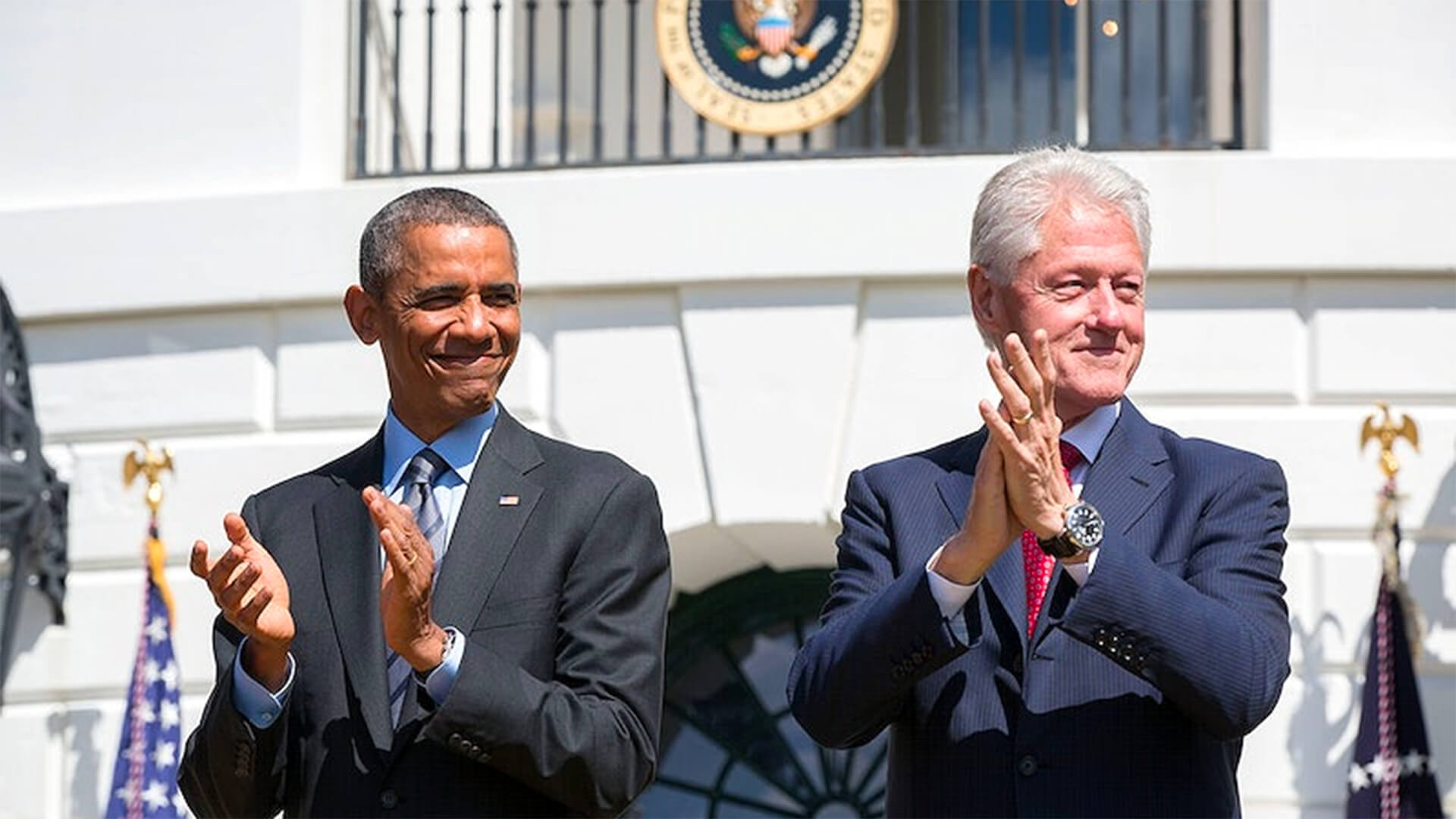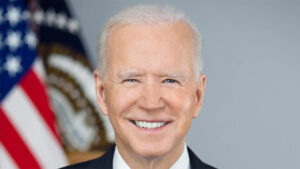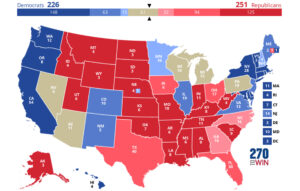A note: The following newsletters were originally published in Oct. and Nov. of 2022. As the newsletter continues to grow, I will occasionally re-share some of my older releases for the newer members of the audience.
In this series I cover some of the world leaders of the present and recent past…with a strong focus on US presidents. You can find a compilation of all the videos here:
Xi Jinping And The Challenge of Chinese Leadership
No matter the official line that comes out of the Chinese Communist Party Congress, Xi Jinping is China’s president for life. Rather than bringing stability to a very uncertain future for China, Xi’s leadership is almost guaranteed to further exacerbate the pressures Beijing currently faces.
The polity we know as China today is composed of an amalgam of historically competing regions, with several regions often closer to invading/foreign powers (be they Mongol or European) than each other. These geographic and cultural differences persist today, even within the Han majority. But China’s problems under Xi are more a result of Xi’s leadership style and the method by which he consolidated power than any historic, geopolitical fissures that have persisted through Chinese history.
Xi Jinping And The Challenge of Chinese Leadership
Vladimir Putin and the Dearth of Russian Leadership
Many people would consider it difficult to manage a country like Russia. It’s not. Or at least for Vladimir Putin, he’s following a well trod path mapped out for him by the former Soviet Union and its heavy-handed imperial predecessor. The Russian center maintains absolute control, and any internal threats are simply crushed.
Putin, like his predecessors, must maintain a sprawling internal security apparatus and intelligence service, to infiltrate and eliminate (often defenestrate) any would-be competitors or questioners of his rule. Is this particularly good for economic and social development? No. But, Putin has managed to stay in power for decades. But one of the most salient downfalls of such a system is the concentration of authority within the hands of a chosen few. Chosen by whom? Not fate, or success, or a meritocratic system. But by Putin. So Russian leadership now is more or less a fraternity of people who neither threaten nor challenge Putin, and the greatest distillation of the shallowness of the depth of expertise of such a system is current Russian performance in its invasion of Ukraine.
Vladimir Putin and the Dearth of Russian Leadership
MbS and the Long Reach of Saudi Leadership
The Kingdom of Saudi Arabia exists as an odd mish-mash of geography and geology. It’s large, desert frontiers are remarkably ill-suited to economic activity. Before the discovery of oil, the main financial rainmaker was the annual Hajj. What we now know as Saudi Arabia’s primary significance to the region was its role as the birthplace of Islam and the bedrock of Bedouin culture.
Fast forward a few centuries and enter the British, who not only empower the region’s local tribes to oust the Ottoman-backed tribal leadership of Mecca but also discover vast oil deposits. Saudi Arabia today is a wealthy, centrally-located key petroleum supplier to pretty much every industrialized economy who wants to be a buyer. And it has not been shy about using its vast cash and oil reserves to shape events on the ground as it sees fit–from wreaking havoc in oil markets to funding transnational jihadism.
At the center of the Saudi Arabian system is the vast, multigeneration House of Saud. Much elevated in stature from their days as desert brigands and bloody rivals of the Hashemite dynasty, they haven’t forgotten their roots. The size of the ruling family, its material resources, and ability to transition to a younger generation gives the Saudis an advantage rarely seen in most dictatorships: longevity.
MbS and the Long Reach of Saudi Leadership
Bill Clinton and America’s Post-Cold War Leadership
For all of Bill Clinton’s considerable intelligence, bouts of intense curiosity, and ability to make dazzle a room of even his opponents, there was not a lot of deep domestic or international policy crafting during his presidency. His focus on topics tended to follow polls and his own episodic interest. Good for his own approval polling, but in the end the inability to commit would take its toll.
But part of the reason his approval ratings stayed so high was the fact that his presidency overlapped a sort of halcyon age for Americans (according to Gallup, Clinton’s final presidential approval polls are the highest of any president going back to Harry S. Truman). But just because he got away with it doesn’t mean his leadership style didn’t cast a long shadow. We are still dealing directly with foreign policy decisions he made–and chose not to make–in the present day…
Bill Clinton and America’s Post-Cold War Leadership
George W. Bush and the Texan Style of American Leadership
Before becoming president of the United States, George W. Bush was famously the governor of Texas. There are few state-wide offices in the country as relatively weak as the Texas governorship, and it’s hard to find another state executive whose day-to-day role is as different than what the US president does as the Texas governor’s.
George W. Bush attempted to make the transition by assembling one of the most impressive cabinets in US history. In true Texan style, he was ready to let them loose to pursue their respective policy prerogatives in order to reshape the United States, and the world, for the post-Cold War Order. All that changed after 9/11 happened.
George W. Bush and the Texan Style of American Leadership
Barack Obama and the Disengagement of American Leadership
Many people are surprised when I say that Barack Obama was the second-smartest American president of recent history, after Bill Clinton. I should also say that in no way serves as an endorsement or that I think either was necessarily successful.
President Obama in particular seemed not only ill-suited to but ultimately disinterested in engaging with the management of the massive, sprawling bureaucracy that is the US Federal Government. Some presidents relish the cooperation–or combativeness–of engaging with the legislative branch. Obama? Not so much.
Was he engaged with his cabinet, suggesting policy and working to overhaul the federal bureaucracy? No. What about rebuilding his party? Famously not. Was he interested in managing the post-Bush, post-Iraq global order? Absolutely not.
After four terms of presidents who were charismatic and personable leaders, the Obama presidency presented a very “the man in the ivory tower” vibe–one that I’d argue laid the groundwork for Donald Trump’s runaway popularity with so much of the American electorate.
Barack Obama and the Disengagement of American Leadership
Donald Trump and America’s Leadership by Tweet
The best way to understand Donald Trump is to compare him to his immediate predecessor, President Obama. Both were outside candidates who came with their own political support and ran on charisma, rather than policy. When President Trump came into office, unlike Obama, he embraced his party; taking it over by systematically kicking out factions he found problematic and recreating the party in his own image.
President Obama really understood what was going on in the world, but had no interest in meeting with the people who could create policy, resulting in 8 years of nothing. Donald Trump was similarly disinterested in what others had to say, but he loved the limelight. He released policy via Tweet and hoped the government would take it and run. There was no shortage of loud, brash and bold policies, but they were never implemented because the President was already moving onto the next thing. Trump’s ever-present government by speech and tweet was the same across domestic and foreign policy.
Donald Trump and America’s Leadership by Tweet
Joe Biden and Asking His Way through American Leadership
The last modern American president we’ll be discussing in our leadership series is – you guessed it – Joe Biden.
Similar to Barack Obama, President Biden didn’t spend much time working a “real job” prior to entering the U.S. Senate…a few centuries ago. Throughout his ~plentiful~ time spent in government, he has learned his fair share, but hasn’t actually done much. Although his leadership style may lean more ideological than most presidents’, he can undoubtedly run a meeting better than many of his predecessors.
Given Biden’s understanding of how to utilize the tools of government and willingness to ask questions, we are seeing the most engaged president of the past 13 or so years. This doesn’t necessarily equate to great policy, but it is a promising sign of a return to industry-informed policy.
Joe Biden and Asking His Way through American Leadership
Here at Zeihan On Geopolitics we select a single charity to sponsor. We have two criteria:
First, we look across the world and use our skill sets to identify where the needs are most acute. Second, we look for an institution with preexisting networks for both materials gathering and aid distribution. That way we know every cent of our donation is not simply going directly to where help is needed most, but our donations serve as a force multiplier for a system already in existence. Then we give what we can.
Today, our chosen charity is a group called Medshare, which provides emergency medical services to communities in need, with a very heavy emphasis on locations facing acute crises. Medshare operates right in the thick of it. Until future notice, every cent we earn from every book we sell in every format through every retailer is going to Medshare’s Ukraine fund.
And then there’s you.
Our newsletters and videologues are not only free, they will always be free. We also will never share your contact information with anyone. All we ask is that if you find one of our releases in any way useful, that you make a donation to Medshare. Over one third of Ukraine’s pre-war population has either been forced from their homes, kidnapped and shipped to Russia, or is trying to survive in occupied lands. This is our way to help who we can. Please, join us.







